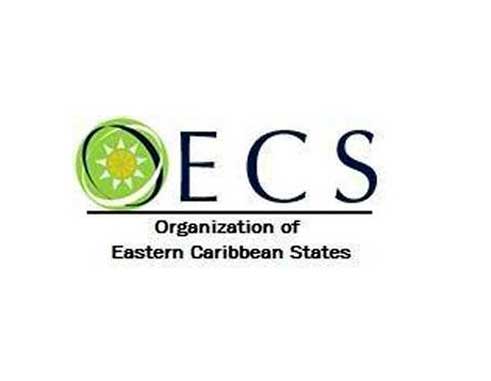PRESS RELEASE – MEMBERS of staff at the OECS Commission are strengthening their Spanish language skills through a cooperation agreement with the Spanish Agency for International Cooperation and Development (AECID) attached to the Ministry of Foreign Affairs and Cooperation of Spain.
The agreement supports studies of Spanish language, culture and literature and specifically seeks to develop the Spanish language skills of OECS diplomats and professionals.
Maria Salazar, a native Spanish lecturer with extensive specialist training and experience in teaching Spanish as a foreign language, has been installed at the OECS Commission for the past two years to assist in the professional development of the Commission’s staff.
Salazar said knowledge of the Spanish language is an essential tool given the geographic proximity of OECS Member States to Spanish-speaking countries and the potential economic opportunities that exist, particularly for South-South cooperation, once the language barrier is overcome.
“I think it’s really important for the staff at the OECS to learn Spanish because we are in the same geographical area as South America, Central America and other Spanish Caribbean states,” she said.
“If we speak English and Spanish, we can have many exchanges, not only linguistic but also economic,” Salazar added.
Salazar also outlined similarities of the neighbouring Spanish countries to those of the OECS Region, such as a love for festivals, food and similar topography.
OECS Director General, Dr.Didacus Jules, said establishment of the Spanish Learning Programme at the Organisation is a valuable contribution from the Kingdom of Spain.
“The global community within which we operate necessitates that our staff maintain a certain level of competence in the major foreign languages,” he said. “The nuances of Spanish courses designed specifically for diplomats are also important and this is an area of study that we hope to expand to Foreign Service Officers throughout the OECS region.”
Each Spanish Course comprises three terms and, upon completion of each course, it is expected that students will be able to use the language spontaneously in a wide variety of situations and contexts.
“It is essential to take into account the needs of the students, as professionals of the OECS Commission, throughout the programme. As a result, once students acquire a basic level of Spanish, the contents of the programme will focus on the use of Spanish in their work environment,” said Salazar.
She added: “We want the students to receive an enriching experience, both linguistically and culturally. The course, therefore, focuses on developing writing, reading, grammar and communicative skills through the use of new technologies, text books, magazines and conversation.”
The Spanish language course at the OECS Commission corresponds to Level 1, as established by the Council of Europe in the Common European Framework of Reference for Languages.
Classes are held twice a week at one hour per day.





![Simón Bolívar - Liberator of the Americas [Photo credit: Venezuelan Embassy]](https://thevoiceslu.com/wp-content/uploads/2025/12/Simon-Bolivar-feat-2-380x250.jpg)



